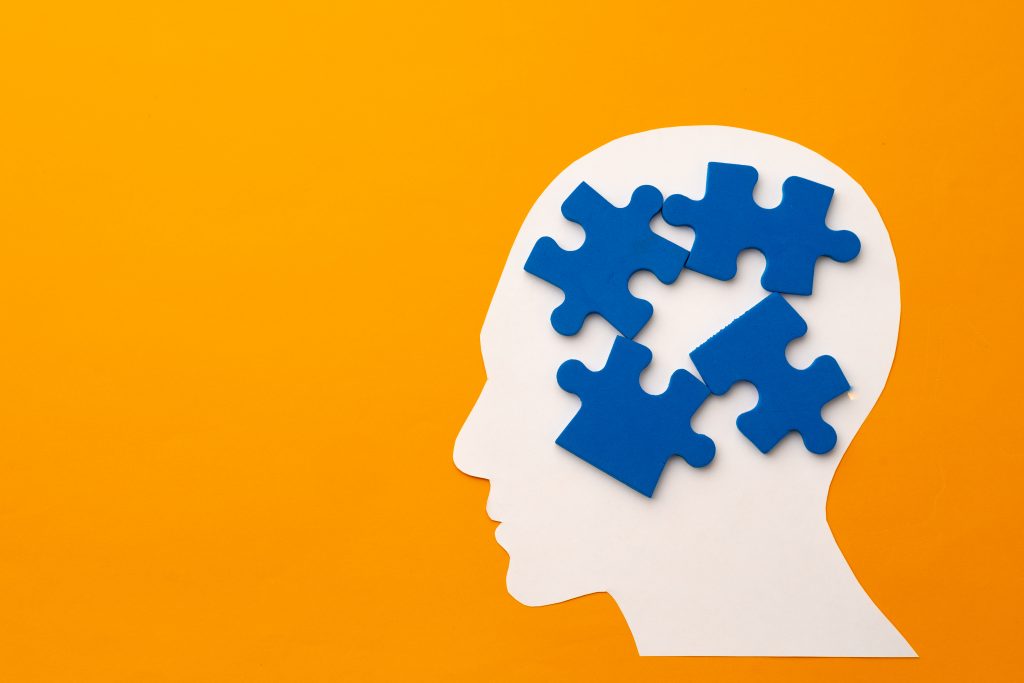Autism is not a disease. It’s not even a syndrome. It’s more like a spectrum of different phenotypes affecting social, verbal and behavioral abilities. This is the main reason why there is no specific treatment for autism. Only occupational and speech therapies have consistently been shown to improve several aspects of autistic traits while drugs, like risperidone or aripiprazole, aim only at reducing irritability and aggressiveness, with mixed results and many side effects. Biochemical Data Mining is extremely useful in such a diverse spectrum of disorders. There are several levels of biochemical investigation that may provide useful information in the context of an individual autistic phenotype.

I have assessed too many diagnostic (imaging and laboratory) profiles from autistic children along with their medical history. An observation that’s reproducible, in almost every case of atypical autism, is regression. Regression means that a capability or a skill that a children has achieved for some reason cannot be executed. In fact, children have acquired a skill or knowledge, however they can not consistently exhibit repeatability and correct timing. Therefore, it seems that these children are not incapable of learning something. On the contrary, according to imaging studies, measurements of the synaptic density (the atypical brain learning unit) are very high. In other words, these children have difficulty executing actions they have already learned and already executed in the past. A paradigm shift in the way we consider autism is necessary.
My opinion is that we should treat autism (and accordingly the way we research autism) not as a failure to learn socially relevant behaviours entity, but as a failure to forget irrelevant ones. This may be difficult to understand but I will try to explain it as simply as possible. The mechanism, through which we establish new memories may be a neural one, but the mechanism through which we dump old and useless ones is an immune one. This is why neuroimmunology is the neuroscience section that seems to be very promising for autism research. Erik Candel, a famous neuroscientist, pioneer in memory research and one of my personal science superheros, says that “we are what we can remember”. Paraphrasing him, in an ASD context, I would suggest that “we are what we cannot forget”.